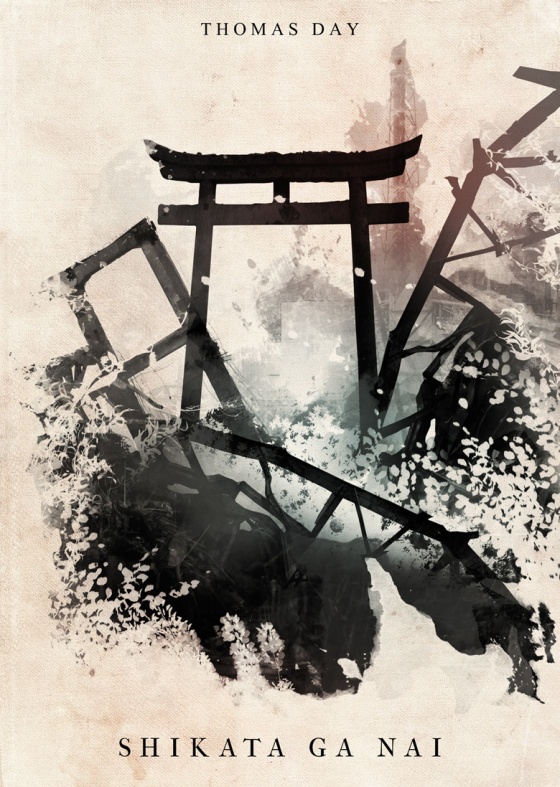Mostly, these are simple pleasures.
Take this gizmo that I ordered from Amazon, it is called a tsukemono pickle press. They come in different models, but this is the one that I chose to purchase for myself.
I admire the elegance in the design as well as in the esthetics of this practical device. It is used for pressing water from vegetables, to preserve them Japanese style. Tsukemono (pickled things) is quintessentially Japanese: a minimalist technique for pickling -- preserving -- thinly sliced cabbages, eggplants or cucumbers. I love Persian cucumbers in my salad, but often could not finish a whole carton from Trader Joe. These little cukes are delicious but highly perishable, and must be enjoyed while they are fresh and crisp. I get a new batch each week and, sad to say, I used to have to throw out the leftover ones after they go limp.
No more. These days I thin slice the extra cucumbers, stack the slices in layers at the bottom of the pickle press, sprinkling a small amount of salt on top of each layer, close the lip, turn the screw on top to tighten the press, and leave the gizmo on my kitchen counter. Within an hour, I can see water rising above the press. After two to three days, I harvest the pickled cucumbers -- thin and slightly yellowish -- and store them in a glass jar in my refrigerator. I enjoy them with rice or noodle, as a palate cleansing side dish.
Photo above: Persian cukes and my tsukemono pickle press.
Photo above: Harvested tsukemono to be enjoyed with soy sauce, sesame oil and vinegar. There is something about this combination that is irresistible to me, especially eaten with steaming hot rice. I think I can survive on this stuff indefinitely!Many years ago when I needed to buy a car, I deliberately chose a Volvo. I did that although the voice of reason had told me to get a Toyota or Honda, which were (and still are) everywhere in California. Japanese products were riding high at the time, and I resented seeing Japanese tourists everywhere as if they owned the places.
It is now 10 years later, and, shall we say, I have flipped. Mainly it has to do with a certain Japanese pianist who has captured my fancy since 2009 -- a story for another blog. But even before that, I was subconsciously attracted to the Japanese esthetics. I am ethnically Chinese, but have always been partial to the arts of Japanese. The minimalism coupled with a subtle charm appeals to me instinctively.
Over the years, I have become a big fan of many things Japanese! Such is life. Shikata ga nai.




